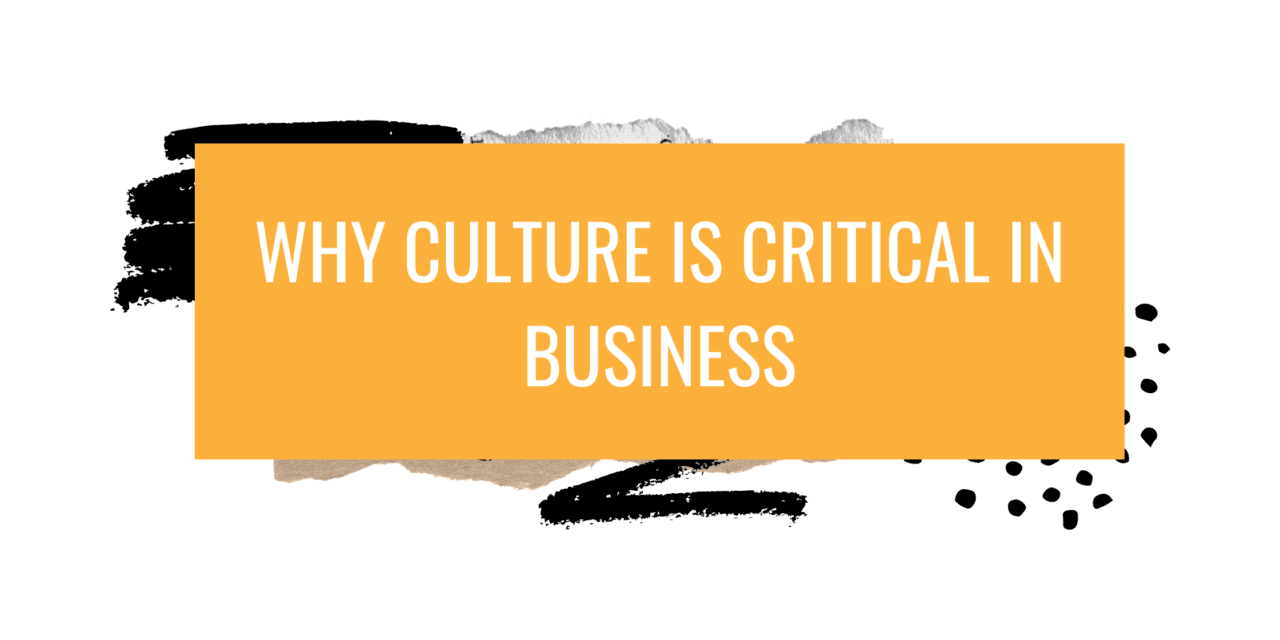You can talk growth, vision, business mindset and numbers, but one often underestimated asset of the most successful businesses is culture.
This near unquantifiable X-factor is all about the team ethos. Get it right, you attract great staff and great customers. Get it wrong and your business can be a minefield of poor service, staff personality clashes, and lagging morale.
So, what is culture, why is it critical to business and how do you set yourself up for a positive workplace?
Culture by definition
As Harvard Business Review notes: “Culture is the tacit social order of an organisation”.
“It shapes attitudes and behaviours in wide-ranging and durable ways. Cultural norms define what is encouraged, discouraged, accepted, or rejected within a group”.
Importantly, culture manifests in different ways. It is reflected in the way your team works together, the way they speak to and about each other, and the service provided to your customers.
In other words, it is “felt” at every level of an organisation, including by the customers who engage with your business.
Why culture is critical
Unfortunately, many of us can relate to the concept of a toxic workplace culture, because at some point in our career there’s a likelihood we experienced it first-hand.
This is the type of environment where bullying and harassment hide in plain sight and where staff morale is low.
As a result, staff members rarely take joy in their workplace and its duties and the customer experience suffers.
On the flipside, a positive business culture is linked to happier employees who are also more efficient, provide better service, take greater ownership of their responsibilities, and are more productive. This in turn translates to the customer experience.
So how do you instil a positive business culture?
How to shape a positive business culture
Leadership
A positive business culture starts at the top, with a conscious leader who is clear on what the company hopes to achieve, and the behaviour their business seeks to espouse.
This leader will also be clear on the type of people they are looking to build their business with in terms of the staff they hire, the behaviour they expect and the attitude they reward.
Critically, the leader will need to practise what they preach when it comes to culture, espousing the values of their business and acting as a role model in terms of that behaviour and attitude.
Vision
The business culture then translates to staff through the company’s vision as well as its hiring practices, systems and procedures.
This acts as the written framework a business culture operates within.
Staff
Staff are critical to any company culture, which is why it’s imperative not just to have staff who fulfil required duties, but who also have an ethos that aligns with a company’s values.
Occasionally, that may mean forgoing a “top performer” and instead hiring the near top performer who has a better attitude.
Then, as the culture of a business becomes apparent, like minded people, including staff and clientele, are more likely to be attracted to that business.
Training
Solid training, career opportunities and a growth mindset are often interlinked with a positive business culture.
This focus on growth and opportunity allows staff to develop in their position, take calculated risks, and learn from any mistakes, while engendering loyalty and job satisfaction.
Communication
Key to any positive workplace culture is clear communication. This includes updates on company progress, shared ownership of projects and ideas, and an open-door policy that nips any potential issues in the bud.
Accountability
Within a positive workplace culture there will also be a focus on accountability that allows staff to take ownership for their actions and their career path.
For the leader, this also involves holding staff accountable to their commitments, and includes building people up but identifying and addressing negative behaviour.
The final word
Culture is a key component of business success. Positive business cultures attract good people, recognise effort and performance, and in turn this translates to the experience for the customer.
Meanwhile, the fact of the matter is this, culture also impacts the business bottom line. Why? Because statistics indicate companies with highly engaged employees outperform their competitors by 147 per cent, while businesses that excel at customer experience have 1.5 times more engaged employees than companies with a record of poor customer experience.
Looking to hone your leadership skills or improve your business culture? You can learn more about working with me here or book a call to see how we can work together to take your business to the next stage.

















